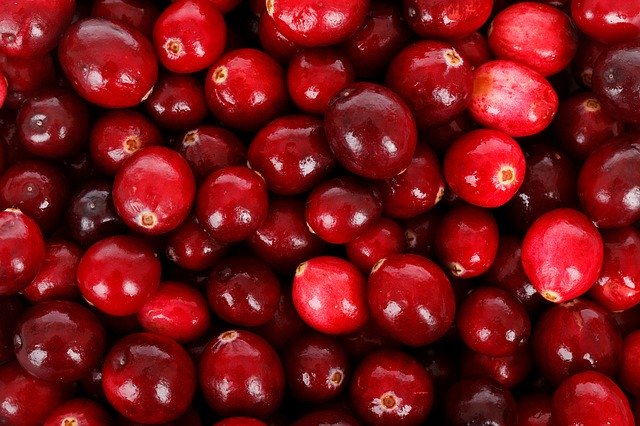
The authors of the data published in Nature’s Scientific Reports, Eric Déziel,
Previously published work has shown that the American cranberry (Vaccinium macrocarpon L) contains compounds — such as proanthocyanidins (PACs) — that provide meaningful antioxidant,
Study author, Dr. Tufenkji, elaborates on what this might mean for humans, as opposed to flies, «This means that cranberries could be part of the arsenal used to manage infections and potentially minimize the dependence on antibiotics for the global public.»
To further explain cranberries' impact on bacteria, Dr. Déziel said, «Cranberry PACs interrupt the ability for bacteria to communicate with each other, spread and become virulent — a process known as quorum sensing. The cranberry extract successfully interferes with the chain of events associated with the spread and severity of chronic bacterial infections.»
Added to the evidence of cranberry’s role in preventing recurrent urinary tract infections by blocking bacteria from sticking to cell walls, the current study suggests that PACs may help control the virulence or spread of potentially dangerous bacterial infections around the world.
Source: http://healthnewsreport.blogspot.ru/2016/10/cranberry-disrupts-bacteria-associated.html


